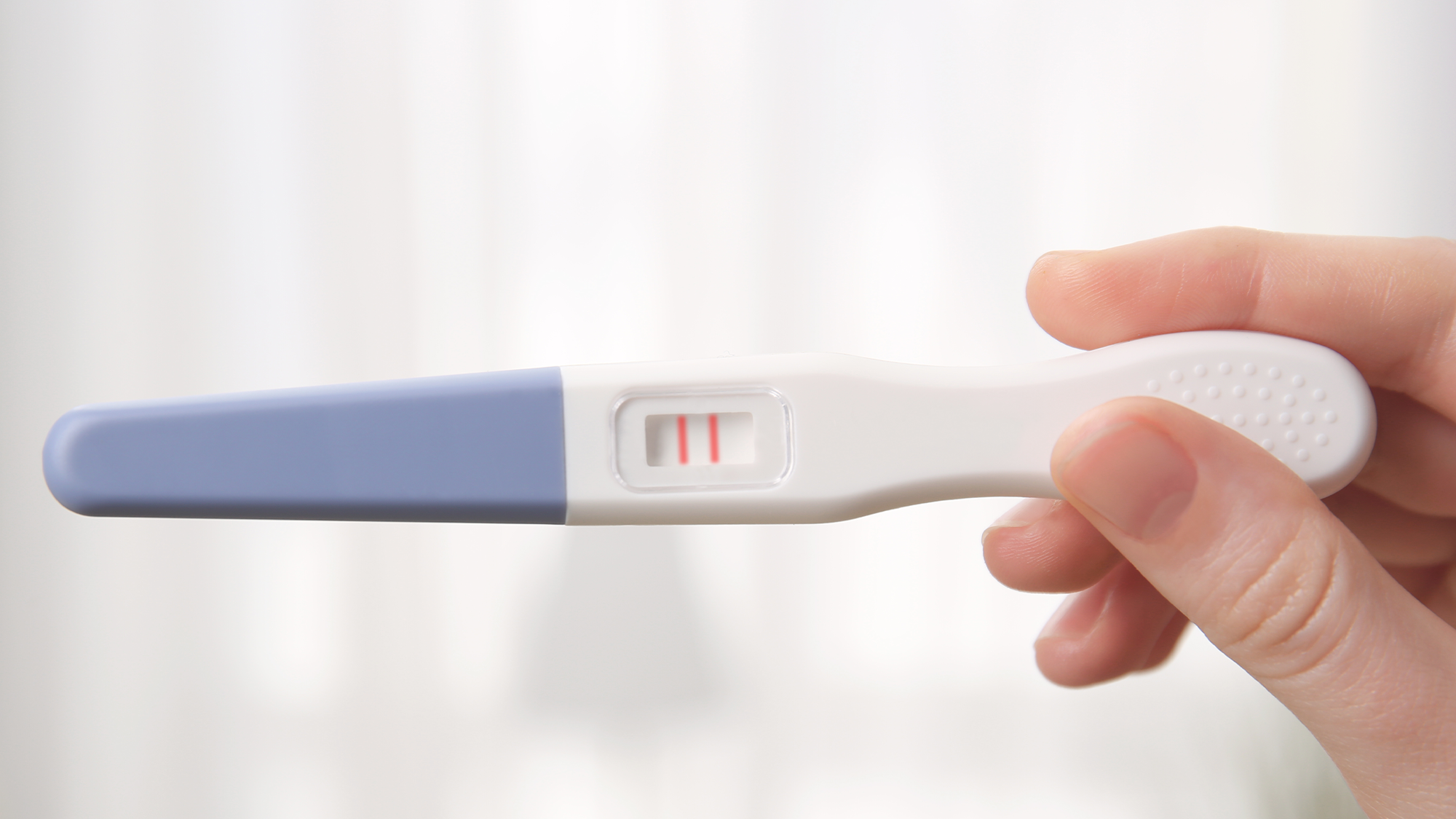

According to a small study, pregnant people using any form of cannabis should consider stopping due to potential harm to the fetus, even very early into pregnancy. The study published May 16 in the journal Frontiers in Pediatrics looked very closely at the first trimester of pregnancy and found a “significant” decrease in birth weight of about one-third of a pound.
[Related: Highway and traffic pollution could be connected to low birthweight.]
“We show that even when marijuana use occurred only in the first trimester of pregnancy, birth weight was significantly reduced, by more than 150g on average,” Beth Bailey, a co-author and director of population health research at Central Michigan University, said in a statement. “If that use continued into the second trimester, newborn head circumference was significantly decreased as well.”
While 150 grams, or one third of a pound, may not be a large amount on paper, any decrease in weight has been linked to health problems as a child grows. Low birth weight is a strong predictor of a child’s future development and general health. According to Children’s Hospital of Philadelphia, low birthweight is defined as a child weighing less than five pounds eight ounces. Infants born with low birthweight can face lower oxygen levels at birth, neurological problems, and difficulty feeding.
The study used data from the medical records of 109 pregnant people from an obstetrics clinic at Central Michigan University’s College of Medicine. They compared that data with a control group of 171 people who did not use not use marijuana during pregnancy.
The team observed that some pregnant people use marijuana early in pregnancy for morning sickness in the first trimester. Using cannabis during the first trimester time appears to be critical and may be equivalent to using marijuana throughout pregnancy. They found that the same effect happens if cannabis is used at other early stages, including when someone uses cannabis without knowing they are pregnant.
Brianna Moore, an assistant professor of epidemiology at the Colorado School of Public Health in Aurora who was not involved in the study, told CNN that while the study sample size was small, the research was robust since they verified marijuana use with urine tests instead of self-reporting. Moore added that studies show self-reported cannabis use during pregnancy is about 7 percent, but a 2019 study that used umbilical cord testing found that that number could be as high as 22.4 percent.
[Related: Marijuana during pregnancy might be as dangerous as alcohol.]
“Urinary THC (tetrahydrocannabinol) testing is more objective than self-report, since pregnant people may not want to state that they are using cannabis,” Moore said. “However, one study suggests that very few pregnant people (0.5 percent) use cannabis strictly for medical purposes. There’s work that needs to be done to understand the contextual, social, or individual factors that influence cannabis use in pregnancy.”
According to the authors, the study did not have information on how much or how often the participants used cannabis. These results were based strictly on whether or not people did or did not use the substance at certain times in pregnancy. The study could not establish a connection between heavy cannabis use and some more pronounced outcomes in newborn growth.
“The best recommendation is that women should be advised to quit marijuana use prior to becoming pregnant,” Phoebe Dodge, study co-author and incoming pediatric resident at University Hospitals Rainbow Babies and Children’s Hospital in Cleveland, said in a statement. “However, quitting as soon as possible after getting pregnant is the second-best option to avoid long term adverse health and developmental outcomes. There are some benefits of quitting among those who begin pregnancy using marijuana.”
